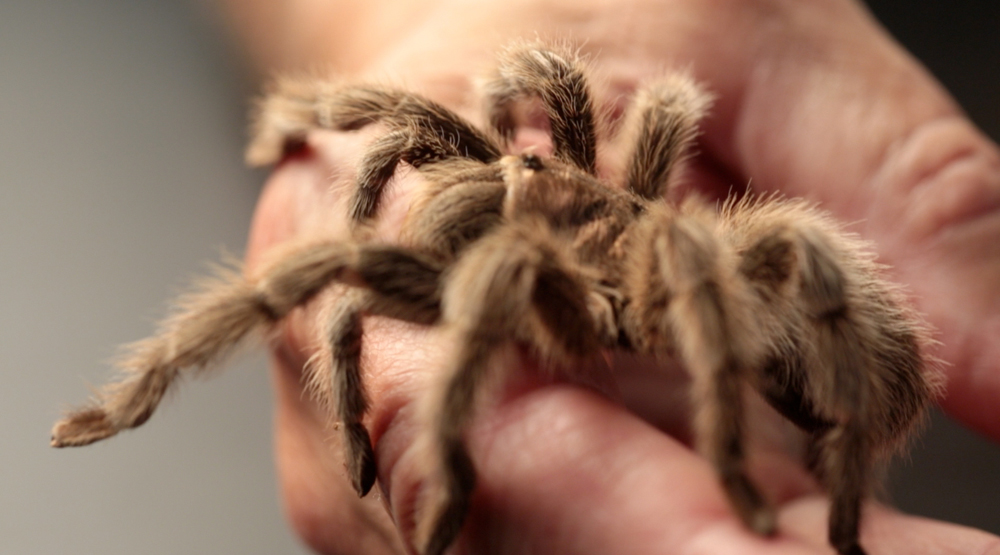Inspired by his grandson, JB’s Duchenne muscular dystrophy diagnosis, Jeff Harvey, Tonus Therapeutics co-founder and chief financial officer, along with Frederick Sachs, University at Buffalo (UB) Distinguished Professor, Thomas Suchyna, Research Assistant Professor, and Philip Gottlieb, Research Associate Professor, all from UB’s Department of Physiology and Biophysics, partnered to develop a therapy for muscular dystrophy. Establishing Tonus Therapeutics in 2009, the group began to work together based off of initial research Sachs and his team first came across nearly 10 years ago, studying the effect of venoms on mechanosensitive ion channels.
As one of several forms of muscular dystrophy, Duchenne is the most lethal, rapidly getting worse over time causing respiratory problems in addition to severe and increased limb-muscle weakness. The absence of the dystrophin protein is due to a defective gene commonly found in males. Dystrophin helps muscle cells maintain their shape structure. Without that protein, cell membranes tear apart more easily and cause the muscle to contract abnormally. According to Sachs, when this hwp-contentens, the body “starts digesting muscle from the inside out.”
A UB spin-off company, having made the New York State Center of Excellence in Bioinformatics & Life Sciences (CoE) its home headquarters, Tonus Therapeutics will continue its quest to develop drugs that help distribute and control the transfer of mineral substances like calcium to cells through the tiny conduits known as mechanosensitive ion channels. These channels, which Sachs co-discovered in 1983, connect the inside of a cell with its outside. Normally, in healthy cells the channels are closed, but when a cell is stretched or contorted, the channels open and let calcium and other substances into the cell.
Using GsMTx4, a peptide that scientists at UB discovered in the venom of the Chilean rose tarantula, Tonus Therapeutics will use the FDA “orphan drug” designation to move forward with the development of a therapy for muscular dystrophy. The designation of GsMTx4 comes with recognition from the government agency that the peptide is a promising method of treatment for a rare disease like muscular dystrophy. Research shows that GsMTx4 is capable of staying in the body for a long time without breaking down. This means it could be possible to deliver low doses infrequently, reducing costs for patients. The company has gathered preliminary data showing that GsMTx4 is nontoxic in mice and did not disturb heart function in mice or ferrets or isolated human heart muscle.
In November, Tonus Therapeutics licensed UB patents relating to GsMTx4 through UB’s Office of Science, Technology Transfer and Economic Outreach (UB STOR).
Harvey stated that “Being located in a hub of research activity in Buffalo, close to other entrepreneurs and biotech startups, is important to [Tonus Therapeutics].” He also stated that “The Buffalo Niagara Medical Campus is extremely important to us because it provides ready contact with experienced entrepreneurs and potential clinical and commercial partners, including those within the [CoE].”
The CoE, a part of the 400,000 sq. ft. Buffalo Life Sciences Complex, houses more than 100 scientists with biological, physical and computational expertise. The CoE’s efforts aims to leverage its research resources, helping to create new technological advantages for health care and life sciences industry sectors, partnering with and supporting biomedical, research and development companies like Tonus Therapeutics. Marnie LaVigne, UB associate vice president for economic development stated that “Tonus benefits from the technological and business resources available here, and their continued growth will be an asset to Western New York’s economy.”
Prior to their move into the CoE, the Tonus team benefited from other UB resources and partnerships. Harvey is a graduate of the UB School of Management’s High-Tech Center for Entrepreneurial Leadership program, and Tonus received funding through the UB Center for Advanced Biomedical and Bioengineering Technology (UB CAT). The Children’s Guild Foundation and the John R. Oishei Foundation have provided additional funding.
Learn more about Tonus Therapeutics below:

